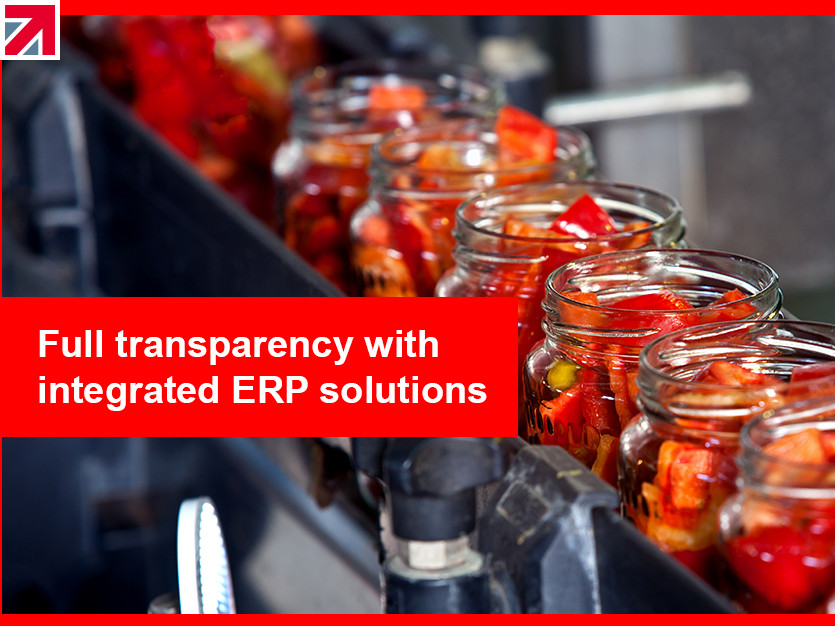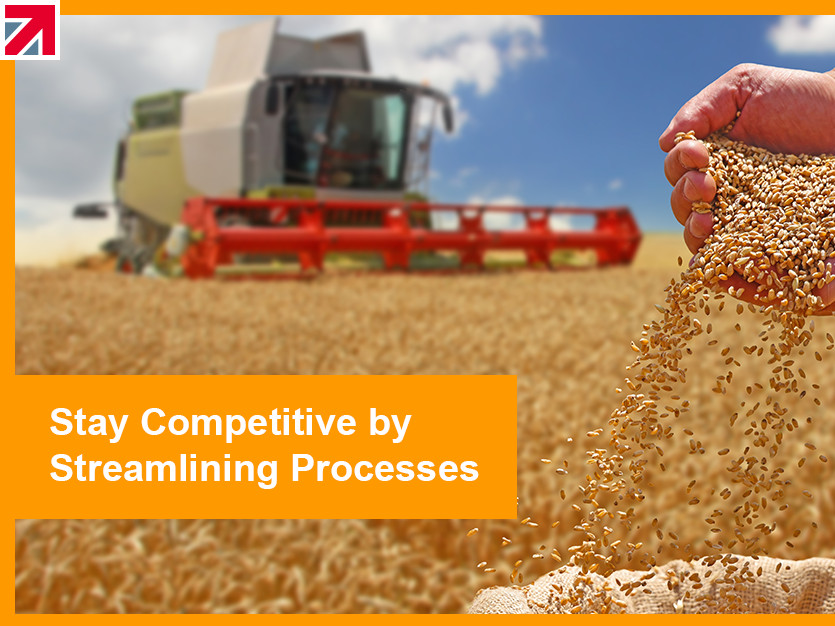In the food manufacturing and distribution world, the margin for error is razor-thin. One mislabelled batch, a missed expiry date, or a break in the cold chain can result in more than just lost stock, it can mean failed audits, product recalls, or even reputational damage.
Sound familiar?
Staying compliant with ever-evolving food safety standards while managing perishable inventory and maintaining full traceability is a constant juggling act. And when you're relying on disconnected spreadsheets or legacy systems, it only gets harder.
That’s why more food businesses are turning to ERP (Enterprise Resource Planning) systems to take control.
Why ERP is Essential for Food Manufacturers and Distributors
1. Total Traceability: From Goods in to Goods Out
Food manufacturers are under pressure to trace every ingredient from the supplier to the supermarket shelf. ERP systems provide end-to-end batch traceability, giving you complete visibility over your product’s journey, from raw materials entering the warehouse, to finished goods leaving for distribution.
Need to run a product recall? You’ll know exactly what was in it, where it went, and what else it touched, with just a few clicks.
2. Stay Audit-Ready and Compliant. Always!
Compliance isn’t a box to tick, it’s a business-critical function. From BRCGS to HACCP and SALSA standards, ERP systems help you maintain digital records, automate QA checks, and manage documentation, so you're always ready for inspections.
You can also streamline labelling, barcoding, and allergen tracking to reduce risk and keep your products safe and fully compliant.
3. Master FIFO Inventory Management
Managing perishable stock is a balancing act, too much leads to waste, too little leads to delays. ERP helps food businesses implement FIFO inventory control, ensuring older stock is used before newer deliveries and reducing the risk of expired or wasted goods.
Real-time stock updates, automated reordering, and expiry-date tracking all work together to help you run lean and reduce spoilage.
4. All Your Data, All in One Place
From purchasing to production, warehousing, quality control, and dispatch, ERP consolidates your operations into one platform. You’ll no longer need to chase different teams or spreadsheets for answers. Everyone works from the same live data, helping improve communication, speed, and accuracy.
5. Improve Consistency and Customer Confidence
Customers rely on your products to be the same high quality, every single time. An ERP system helps standardise processes, monitor quality at every stage, and highlight any deviations before they escalate. The result? Reliable, consistent products and more confident customers.
Let’s Be Honest: Spreadsheets Aren’t Enough Anymore
If your team is manually checking stock dates or trying to trace a batch through disconnected systems, you’re leaving yourself open to risk and losing valuable time.
ERP is no longer a “nice to have” for food businesses. It’s essential for survival and growth.
Ready to take control of your traceability and compliance?
Get in touch to discover how WinMan ERP can transform your food business.
Find out more about WinMan ERP on their member profile page here
Member-created content 4 months ago | From members


